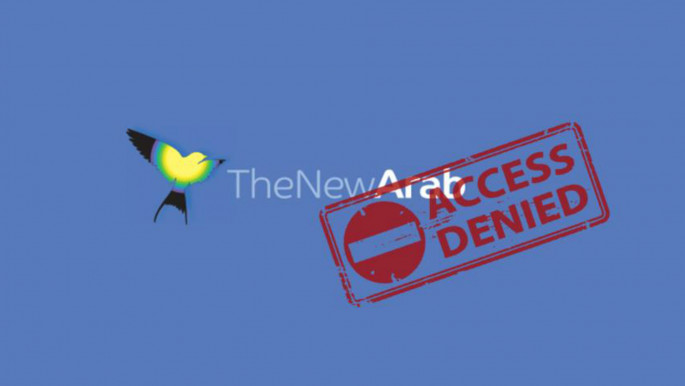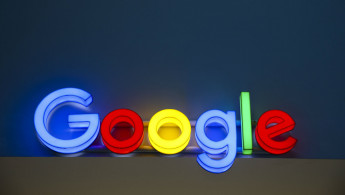Saudi Arabia blocks Google AMP portal used on Facebook
Riyadh has started to block websites that use Google's AMP platform on Facebook to circumvent online restrictions, in latest attempt to censor critical news outlets, including The New Arab.
2 min read
The Google AMP publishing protocol has been blocked by Saudi Arabia [Anadolu]
Saudi Arabia has blocked a Google publishing protocol which has been used by media groups to circumvent online restrictions on news sites in these countries.
Access to several websites, including The New Arab, through the AMP Project service were blocked in the country on Sunday - the latest attempt by Riyadh to filter news entering the country.
Comment: There are worse things than being banned by Saudi Arabia
The Saudi authorities had previously used some of the world's most sophisticated online surveillance technology, to block news websites they deemed critical, but many of those sites were still available to citizens who accessed a parallel AMP version, often posted to Facebook.
Facebook's own "Instant Articles" platform does not appear to have been affected.
Sunday's blocking of the AMP Project appears to have required expensive technology to override the Google service, experts say.
Saudi Arabia, the UAE, Egypt and Bahrain launched a blockade on Qatar in June 2017, accusing Doha of supporting extremist groups and being too close to Iran.
A list of 13 demands were issued by the blockading parties, which included the shuttering of popular media groups Al Jazeera and London-based The New Arab.
Doha strongly denies Riyadh's claims and has rejected the demands.
Human rights groups and journalist unions have voiced concern about the attempts by the blockading states to silence critical media.
Reporters Without Borders ranked Saudi Arabia 168 in its annual Press Freedom Index, 13th from bottom.
Access to several websites, including The New Arab, through the AMP Project service were blocked in the country on Sunday - the latest attempt by Riyadh to filter news entering the country.
Comment: There are worse things than being banned by Saudi Arabia
The Saudi authorities had previously used some of the world's most sophisticated online surveillance technology, to block news websites they deemed critical, but many of those sites were still available to citizens who accessed a parallel AMP version, often posted to Facebook.
Facebook's own "Instant Articles" platform does not appear to have been affected.
Sunday's blocking of the AMP Project appears to have required expensive technology to override the Google service, experts say.
 |
|
| Saudi Arabia, Egypt, the UAE and Bahrain have all blocked access to The New Arab's website |
Saudi Arabia, the UAE, Egypt and Bahrain launched a blockade on Qatar in June 2017, accusing Doha of supporting extremist groups and being too close to Iran.
A list of 13 demands were issued by the blockading parties, which included the shuttering of popular media groups Al Jazeera and London-based The New Arab.
Doha strongly denies Riyadh's claims and has rejected the demands.
Human rights groups and journalist unions have voiced concern about the attempts by the blockading states to silence critical media.
Reporters Without Borders ranked Saudi Arabia 168 in its annual Press Freedom Index, 13th from bottom.





 Follow the Middle East's top stories in English at The New Arab on Google News
Follow the Middle East's top stories in English at The New Arab on Google News
![Israeli forces ordered bombed Gaza's Jabalia, ordering residents to leave [Getty]](/sites/default/files/styles/image_330x185/public/2176418030.jpeg?h=a5f2f23a&itok=_YGZaP1z)

